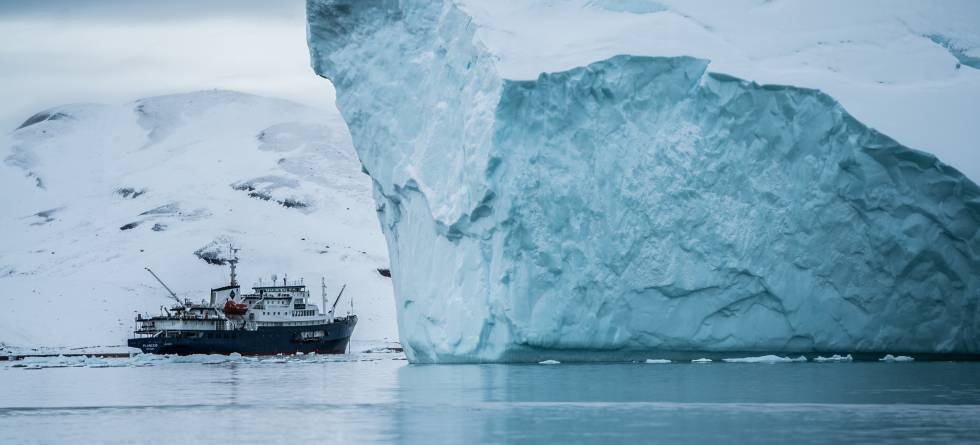Ice versus open water. Warmer versus cooler water masses. Saltier versus fresher waters. New, invasive species are entering the Arctic Ocean where fish stocks are on the move, and on land vegetation is expanding whereas the snow cover is shrinking. What was earlier a firm, frozen ground is now thawing. Across the Arctic, stability is replaced by instabilities.
The re-setting of physical boundaries has political implications and ultimately, geopolitical consequences. A steady increase of human activities and expressed economic interests raise new questions and possibly conflicts that can impact local communities and nations alike.
In this webinar, we promise novel insights and new perspectives on the ever-changing role of the Arctic.
At the heart of this human-triggered and driven transformation is the question of how we value the Arctic, and why?
See the entire discussion here (begins 26 seconds in):
The discussion began by asking the participants, "What is your worst-case scenario?".
"I am not sure I'm going to answer the extact question you asked," began Prof. Tor Eldevik, institute leader at the Geophysical Institute with the University of Bergen and researcher at the Bjerknes Centre for Climate Research.
"For decades now, we have gotten used to the slogan 'Be worried, be very worried'. There is such an emphasis and expectation on further worst-case scenarios in the Arctic, that I'm almost more worried if the don't play out, what would that do to the political will in the area. The climate system is extremely inert, so the decisions we do today, we will not see the difference in 30 to 40 years. We know it's not unlikely that we will have the occasional year, or even decade, where you would see the opposite to what you would maybe expect."
Mette Skern-Mauritzen with the Institute for Marine Research focused more on substantial loss of marine biodiversity – but that the climate systems gives mixed signals on how likely the changes are:
"Completely changing the marine ecosystems, and also reducing the services they provide to humans, such as food provisioning and supporting our economy."
Andreas Østhagen, political scientist at the Fridtjof Nansen Institute, says that while international relations aren't as predictable as the climate system could be, he still has some fears:
"It is conflict between Arctic states, the fact that societies could break down, or states engaging in wars. In such a scenario, does it really matter if the oceans are full of fish? Maybe a bit existential! But this worst-case scenario is very unlikely. But even if you scale it back, in my area of research and focus, worst-case scenarios are still conflicts."
Elana Wilson Rowe, researchers at the Norwegian Institute of International Affairs, related to Østhagens answer:
"There is really very little chance of military conflict in the Arctic, but there is also a concern for a less dialogue-based Arctic, one where NATO-Russia tensions are high. I landed on Arctic governance that moves too slowly. If there is a large degree of tension in international politics, could that hinder progress on the governance that we are going to need, as the Arctic continues to change. Do we have the environment for creative, engaged and forward-thinking preparations for an open and trafficked Arctic?"
Watch the entire seminar in the Youtube stream, and subscribe for upcoming discussions and presentations.

